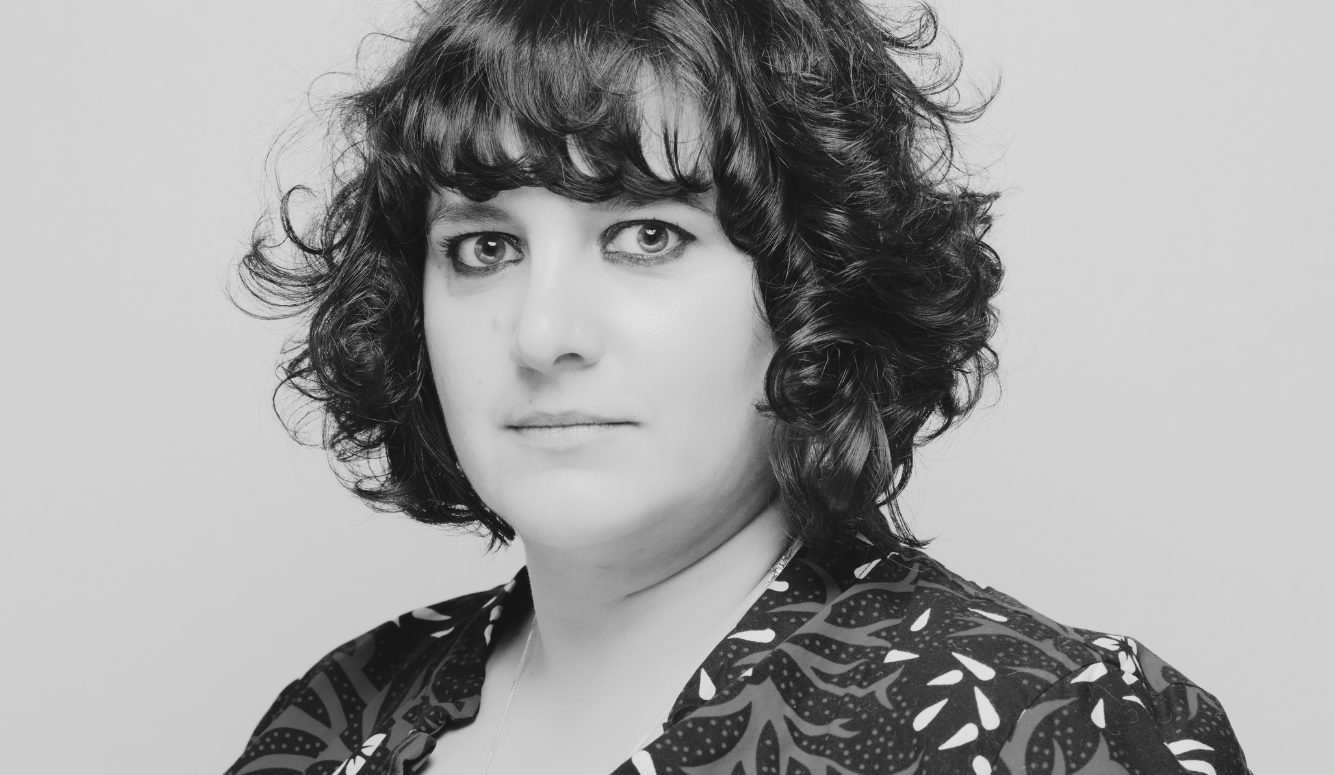Evolutionary Psychology
“Nothing Is to Be Feared. Everything Is to Be Understood.”
An interview with Peggy Sastre.

Peggy Sastre (born 1981) is a French science journalist, translator, and essayist whose work focuses on evolutionary biology, psychology, and feminism. Trained as a philosopher, she completed a doctorate with a focus on Nietzsche and Darwin, and later developed the concept of “evofeminism,” a framework that applies evolutionary thinking to questions of sex, gender, and human behaviour.
She has written extensively on the cultural reception of evolutionary psychology and the tensions between biology and morality. Alongside her writing, she has worked as a translator and journalist, engaging French audiences with debates from the Anglophone world.
Sastre currently translates essays from Quillette into French for Le Point, where she contributes to discussions on science, culture, and intellectual freedom. What follows is an interview conducted with Claire Lehmann via email.
Claire Lehmann: You’ve long explored the intersection of biology, psychology, and feminism. What first drew you to evolutionary psychology, and how did that shape your development of what you call “evofeminism”—a feminism that takes Darwin seriously?
Peggy Sastre: Honestly? Profound boredom. My encounter with Darwin—and almost immediately afterward with sociobiology and evolutionary psychology—happened in my early twenties. I had just come out of three grueling years of classes préparatoires for the École Normale Supérieure. I’d abandoned my first dream (becoming a poet), and I had landed in philosophy more by default than true vocation—it was merely the discipline in which I was “least bad.”
And then came the revelation. I remember sitting in a seminar where we were supposed to comment on some obscure correspondence between two classical philosophers debating… the existence of ghosts. And feeling not just detached, but suffocated—as if pulled into a vacuum of irrelevance. Everything was archaic, pre-scientific, mystical in the worst Russellian sense: beliefs designed to cement a tribe rather than to understand or change reality.
Despite my literary instincts, I have always been driven by a need for concreteness—perhaps inherited from my father, an electrical engineer. I’ve always felt more at home among physicists—people who deal with the actual structure of the universe. And so discovering the evolutionary sciences was like finally breathing oxygen after years in a dusty attic.
There was another, more intimate factor. At that time in my life, I had a very intense, very “masculine” sexuality: high appetite, low inhibition, zero compliance with the norms expected of a (young) woman. My female friends treated me like a pariah; the men I slept with did not see me as a long-term investment. In other words, I had no stable social niche. Evolutionary psychology didn’t just help me understand a sexual norm I had never personally embodied—it also offered a kind of solace at a moment when my “social fitness” was close to zero.
So if I had to define the seed of what I later called evofeminism, it would be this: the Curie principle—nothing is to be feared, everything is to be understood—applied to sex, gender, and female life. The refusal to treat women as ethereal beings disconnected from biology; the refusal to treat science as a danger rather than a tool. A feminism that takes Darwin seriously simply accepts that women are animals too—exquisitely complex animals, but not exempt from the logic that governs all life.
And I should add this: I coined the term evofeminism myself because I needed a word for the kind of feminism I practice—one that takes the Darwinian paradigm as its raw material, its starting point, its gravitational field. But also because I wanted to signal that feminism, like any living system, should evolve. It should be open to revision, correction, adaptation—exactly as modern science is, and exactly as life itself is.
For years now, many Darwinian researchers have been doing the inverse move: bringing feminism into science to make the science better. Sarah Blaffer Hrdy is the perfect example—a primatologist who fundamentally reshaped our understanding of female strategies, competition, and choice in sexual selection. If the sciences of human nature gained from integrating feminist questions, then feminism, in turn, should gain from integrating what science teaches us about ourselves. In my view, that’s the only way for feminism to remain intellectually honest: not by resisting biology, but by letting it improve the model.





